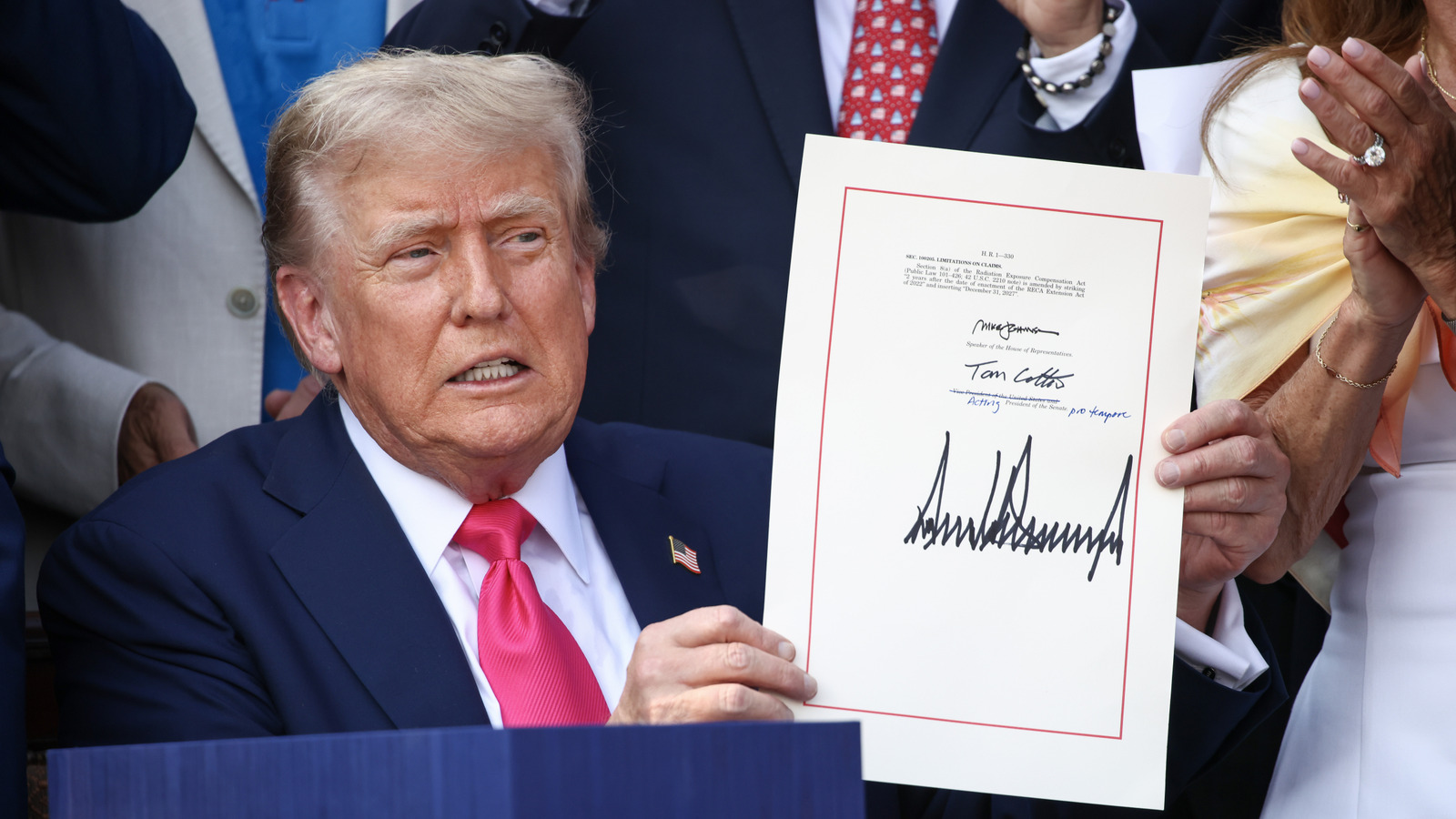There are a lot of bad things about the so-called “Big Beautiful Bill,” which is now the law of the land. The EV tax credit is going away, Texas may steal the space shuttle, and air traffic control is stuck running Windows 95. President Trump made a lot of promises on the campaign trail, one of which was making auto loan interest tax-deductible. The bill has made this promise come true, proving that even a broken clock is right twice a day. However, many restrictions apply.
According to AP, the deduction applies only to loans for new cars, not leases or used cars. Up to $10,000 of loan interest may be deducted each year for 2025 through 2028 light vehicles (weighing under 14,000 pounds) made in the USA. This includes cars, trucks, SUVs, vans, and even motorcycles. However, the vehicles must be for personal use, not for fleets or businesses. The maximum deduction will be available for individuals making up to $100,000 a year or joint incomes up to $200,000. Above that, the deduction tapers off $200 for every $1,000 earned, down to nothing above $150,000 for an individual or $250,000 for a couple. On the plus side, CBS News reports that, unlike the mortgage interest deduction, you may claim the auto loan interest deduction even if you take the standard deduction instead of itemizing your taxes.
How much will this help?
These tax breaks for American-made vehicles are the carrot to the stick of tariffs on imports. The amount of actual savings will vary widely, depending on the amount of the loan, the interest rate, and other factors. The average new car loan these days is $44,000 for six years. Someone with good credit and a 6.5% interest rate on this loan could deduct $3,000 the first year, which would save just $660 in taxes. This is a far cry from the $7,500 new and $4,000 used EV credits that are going away. Also, keep in mind that there will be no deductions for anyone after 2028, even though car loans are lasting longer than ever.
Another aspect that could trick people is that the deduction is only available for vehicles built in the U.S., regardless of where the company is based. That means the “Hecho en Mexico” Ford Mustang Mach-E would not qualify for the auto loan deduction, even though Ford is an American company. However, the Toyota Tundra, built in San Antonio, Texas, will be eligible, despite Toyota being based in Japan. This could confuse consumers who wrongly believe the deduction is based on a company’s headquarters, leading them to “buy American” when the car is built outside the U.S. and would not qualify.
Certainly, some people will benefit from the auto loan tax deduction. They only need to make just the right amount of money, buy just the right car, made in just the right place, for just the right reasons.




